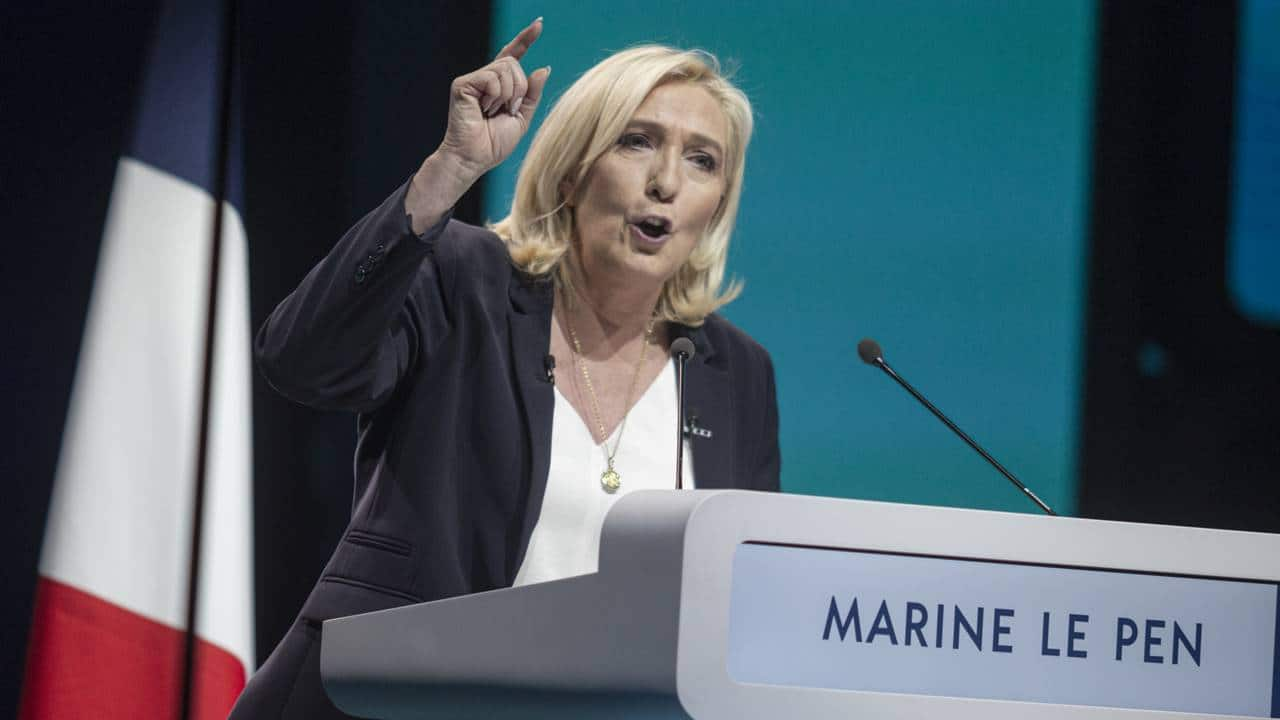FIFA Convenes to Address Women’s Soccer Initiatives, Anti-Racism Commitment, and Consideration of Key Reform Reversal

FIFA’s largest crisis erupted in 2015 with police raids during its annual meeting, and now, nine years later, international soccer’s 211 member federations gather in Thailand this week. However, some of the anti-corruption reforms resulting from that crisis are now in retreat.
During the three-day meetings commencing Wednesday in Bangkok, international soccer’s governance standards are set to divert attention from significant decisions in women’s soccer, including the selection of a host for the 2027 World Cup. FIFA is also urging its members to intensify efforts to combat racism in stadiums.
On Friday, FIFA President Gianni Infantino is scheduled for his first news conference with international media since Saudi Arabia was effectively confirmed as the host for the men’s 2034 World Cup last October.
Infantino is expected to secure approval at the annual congress earlier on Friday for his plan to restore a pre-2015 sprawl of committees. This move would enable him to allocate numerous expenses-paid positions to soccer officials worldwide who vote in the FIFA presidential election every four years.
Additionally, the Asian Football Confederation plans to abolish term limits for senior elected officials, including its president, Sheikh Salman of Bahrain, during Thursday’s meetings. These developments suggest that FIFA, along with its continental bodies, is moving away from the reform principles established in 2015 to address a reputational crisis in soccer leadership.
Moreover, FIFA is likely to grant itself the authority to select two future hosts of the men’s World Cup simultaneously later this year. This recalls the controversial votes in December 2010 that awarded Russia and Qatar the hosting rights for the 2018 and 2022 tournaments.
The process for selecting hosts for the 2030 and 2034 tournaments is expected to be opaque, with no contested votes or losers. FIFA has already indicated its preferred candidates for each event.
While a contested vote is anticipated for the Women’s World Cup in 2027, Brazil is heavily favored over a combined European bid from Belgium, Netherlands, and Germany.
The United States-Mexico co-host bid withdrew to focus on the 2031 hosting vote, making room for Saudi Arabia to secure the 2034 event without opposition.
Women’s soccer is also poised for the launch of a Club World Cup, with confirmation of the initiative potentially coming during Wednesday’s meeting of the FIFA Council. This aligns with the goals of the reform panel created in the 2015 crisis, which aimed to develop women’s soccer and combat all forms of discrimination.
Despite these anticipated developments, the congress on Friday is likely to hear a proposal by the Palestinian federation for FIFA to take action against Israeli soccer.





